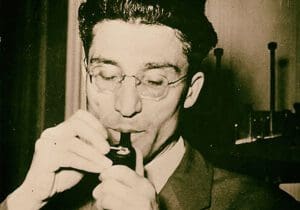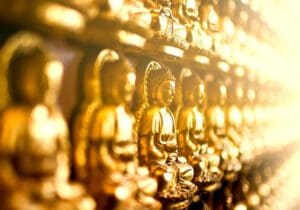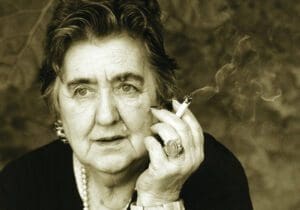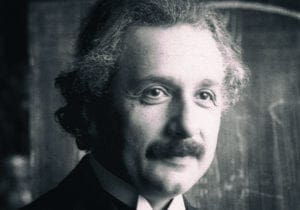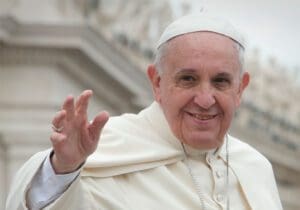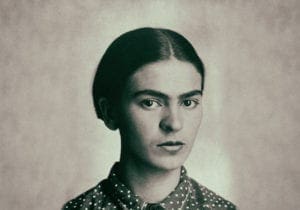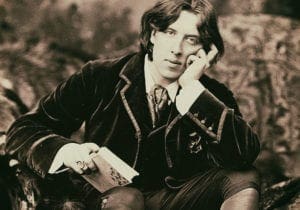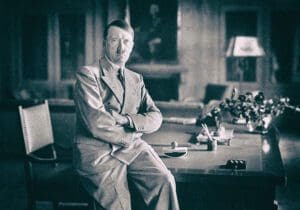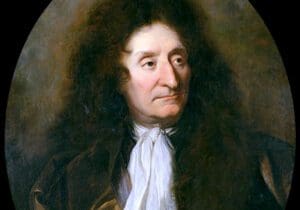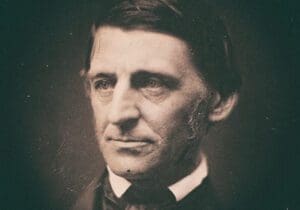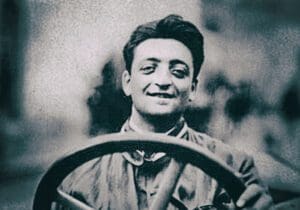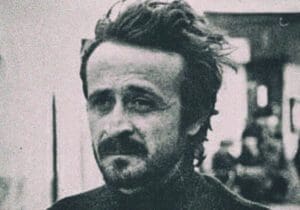
Se c’è uno scrittore che più di tutti ha lasciato il segno nel mondo del teatro, questo è William Shakespeare. Nato nell’aprile del 1564 a Stratford-upon-Avon ci ha lasciato in eredità tanti grandi capolavori come Romeo e Giulietta, Giulio Cesare, Amleto, Otello, Re Lear, Macbeth… solo per citarne alcuni.
Di William Shakespeare non si sa con certezza né il vero nome, né il viso, né la storia. Tutti i dipinti che lo ritraggono furono realizzati solo dopo la sua morte e da artisti che non l’avevano conosciuto direttamente. Ciò che conta, comunque, è il grande patrimonio di opere teatrali e poesie che ancora oggi ci affascinano.
Ecco quindi una selezione delle più belle frasi di William Shakespeare (in inglese e italiano) che ce ne faranno apprezzare l’estrema sensibilità artistica e romantica. Scoprile subito!
Aforismi, citazioni e frasi di William Shakespeare in inglese (con traduzione)
- We are such stuff as dreams are made on, and our little life is rounded with a sleep.
Siamo fatti anche noi della stessa sostanza di cui son fatti i sogni; e nello spazio e nel tempo d’un sogno è racchiusa la nostra breve vita. 
- Love all, trust a few, do wrong to none.
Ama tutti, credi a pochi e non far del male a nessuno. 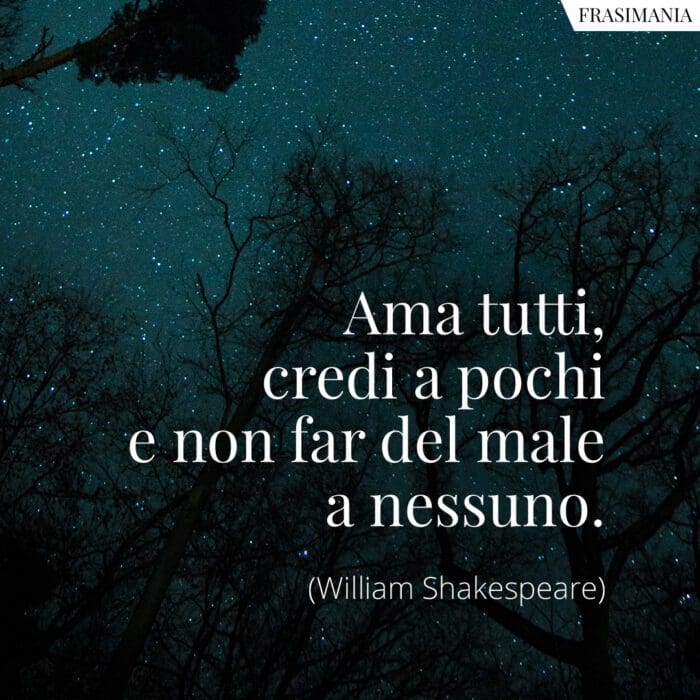
- We know what we are, but know not what we may be.
Sappiamo ciò che siamo, ma non sappiamo quello che potremmo essere. - Speak low if you speak love.
Parla piano, se parli d’amore. 
- Better three hours too soon than a minute too late.
Meglio tre ore in anticipo che un minuto in ritardo. - It is not in the stars to hold our destiny but in ourselves.
Non è nelle stelle che è conservato il nostro destino, ma in noi stessi. 
- There is nothing either good or bad, but thinking makes it so.
Non esistono né il bene né il male, ma il pensiero che li rende tali. - With mirth and laughter let old wrinkles come.
Con l’allegria e le risate vengano pure le vecchie rughe. 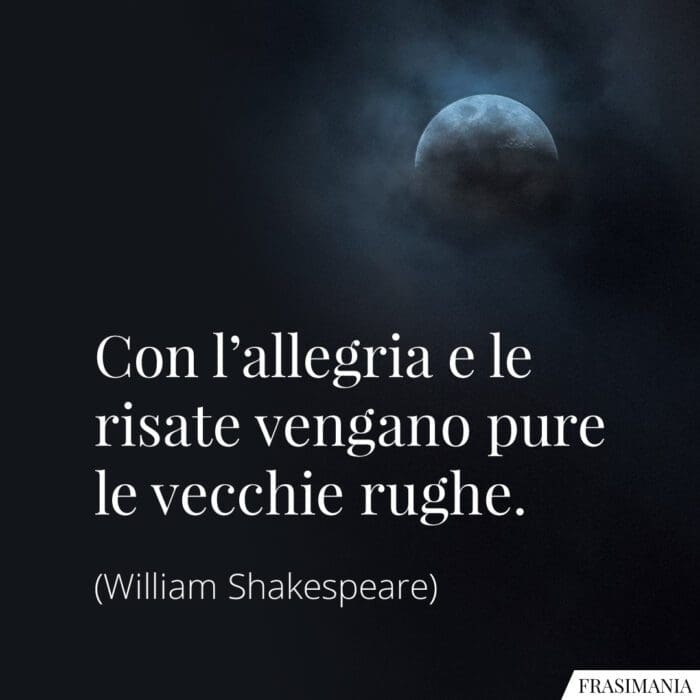
- Give every man thy ear, but few thy voice.
Dai ad ogni uomo il tuo orecchio, ma a pochi la tua voce. - Have more than thou showest; speak less than thou knowest.
Possiedi più di quello che mostri; parla meno di quanto sai. - Love like a shadow flies when substance love pursues, pursuing that that flies, and flying what pursues.
L’amore fugge come un’ombra l’amore reale che l’insegue, inseguendo chi lo fugge, fuggendo chi l’insegue. 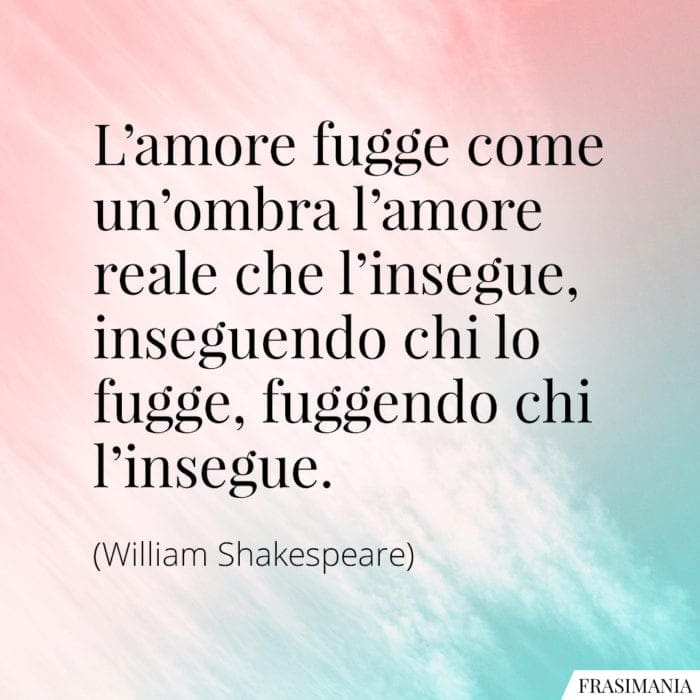
- Pleasure and action make the hours seem short.
Piacere e azione fanno semprare le ore più brevi. - Out, out, brief candle! Life’s but a walking shadow, a poor player that struts and frets his hour upon the stage and then is heard no more: it is a tale told by an idiot, full of sound and fury, signifying nothing.
Spengiti, spengiti breve candela! La vita non è che un’ombra che cammina, un povero commediante che si pavoneggia e si agita, sulla scena del mondo, per la sua ora, e poi non se ne parla più; una favola raccontata da un idiota, piena di rumore e di furore, che non significa nulla. 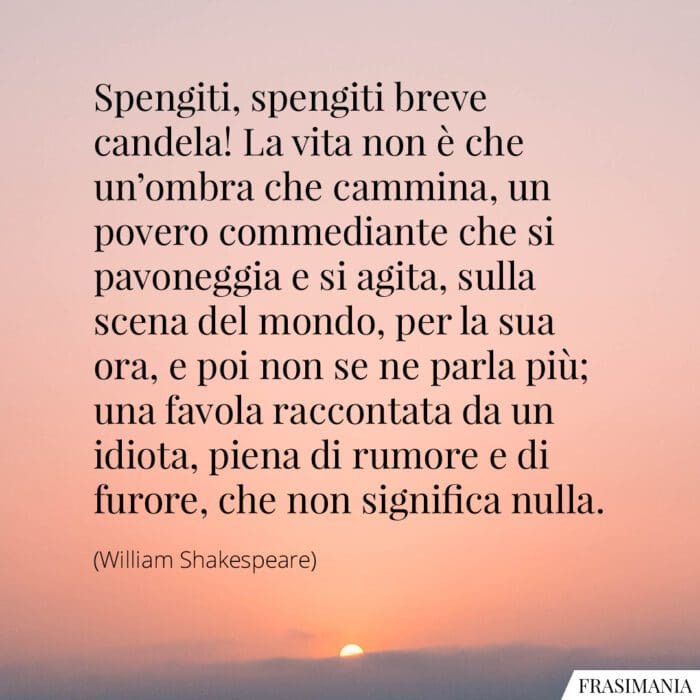
- The lunatic, the lover, and the poet, are of imagination all compact.
Il pazzo, l’amante e il poeta non sono composti che di fantasia. - Love is a smoke made with the fume of sighs.
L’amore è un fumo che nasce dalla nebbia dei sospiri. - If thou remember’st not the slightest folly that ever love did make thee run into, thou hast not lov’d.
Se non ricordi che amore t’abbia mai fatto commettere la più piccola follia, allora non hai amato. 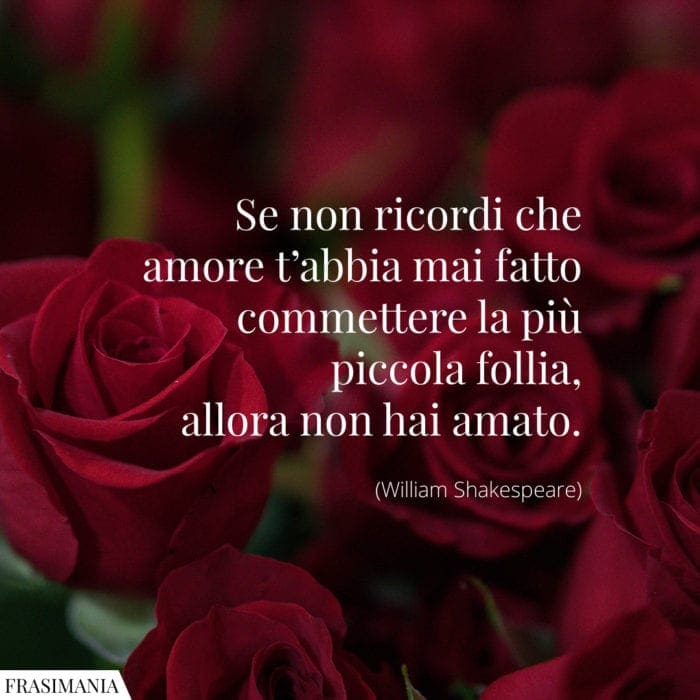
- There is no darkness, but ignorance.
Non c’è altra oscurità che quella dell’ignoranza. - But love is blind, and lovers cannot see.
Ma l’amore è cieco, e gli amanti non possono vedere. - If all the year were playing holidays, having fun would be as tedious as to work.
Se uno passasse tutto l’anno in vacanza, divertirsi sarebbe noioso come lavorare. 
- The robbed that smiles, steals something from the thief.
Il rapinato che sorride, ruba qualcosa al ladro. - Some Cupid kills with arrows, some with traps.
Alcuni Cupido uccidono con le frecce, altri con le trappole. - What’s in a name? That which we call a rose by any other name would smell as sweet.
Cosa c’è in un nome? Ciò che chiamiamo rosa anche con un altro nome conserva sempre il suo profumo. 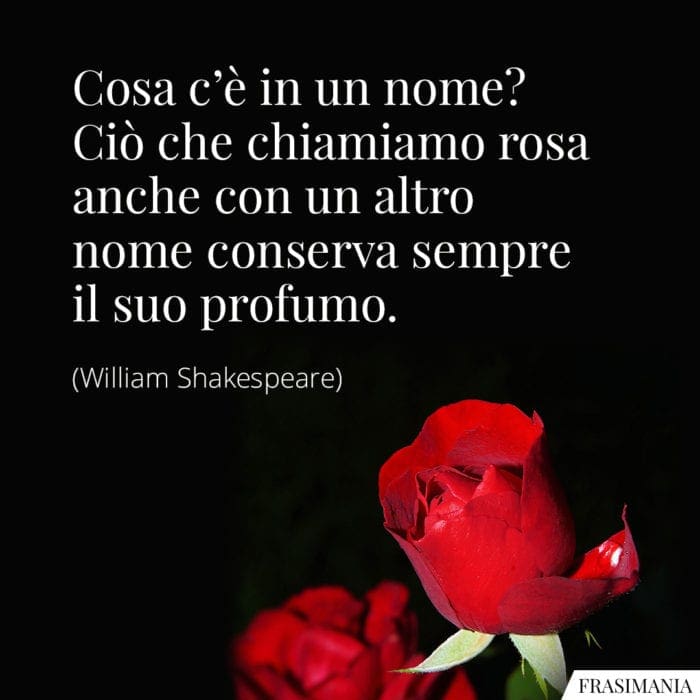
- Suspicion always haunts the guilty mind.
Il sospetto si trova sempre nella mente colpevole. - Cowards die many times before their deaths; the valiant never taste of death but once.
I codardi muoiono molte volte prima della loro morte; i valorosi assaggiano la morte una volta sola. 
- He that dies pays all debts.
Colui che muore paga tutti i debiti. - It’s a beautiful prison, the world.
È una bella prigione, il mondo. 
- The gods are just, and of our pleasant vices make instruments to plague us.
Gli dei sono giusti, e dei nostri piacevoli vizi fanno degli strumenti per tormentarci. - Doubt thou the stars are fire, doubt the sun doth move, doubt truth to be a liar, but never doubt thy love.
Dubita che le stelle siano fuoco, dubita che il sole si muova, dubita che la verità sia mentitrice, ma non dubitare mai del mio amore. 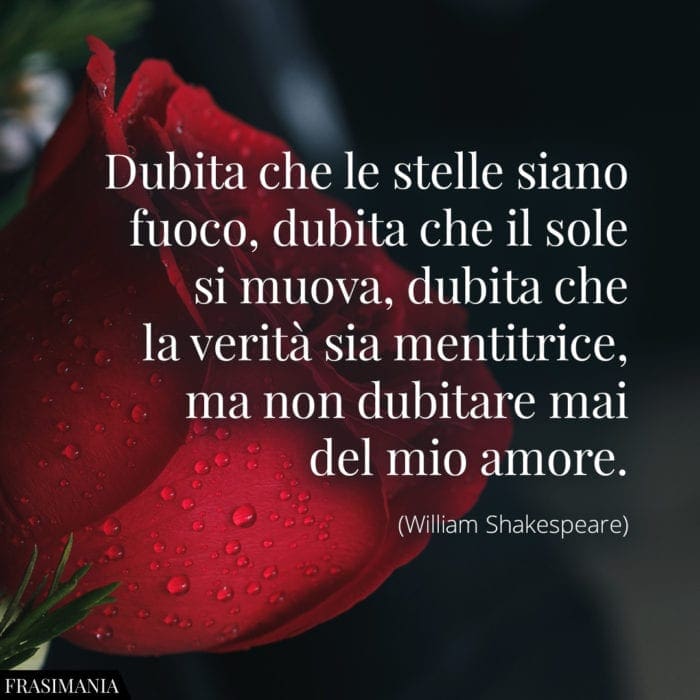
- Stars, hide your fires; Let not light see my black and deep desires.
Stelle, nascondete i vostri fuochi! Non lasciate che la luce veda i miei profondi e tenebrosi desideri. - A fool thinks himself to be wise, but a wise man knows himself to be a fool.
Il saggio sa di essere stupido, è lo stupido invece che crede di essere saggio. 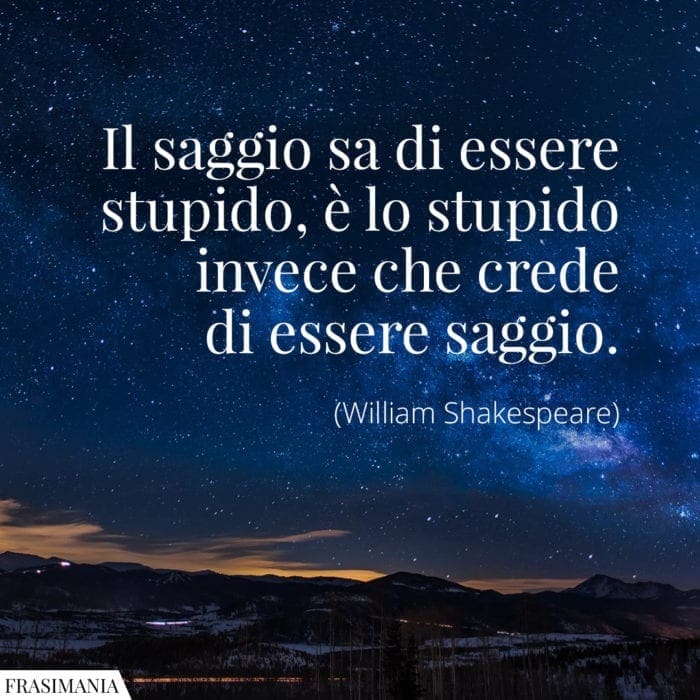
- Tis in ourselves that we are thus or thus. Our bodies are our gardens, to the which our wills are gardeners: so that if we will plant nettles, or sow lettuce, set hyssop and weed up thyme, supply it with one gender of herbs, or distract it with many, either to have it sterile with idleness, or manured with industry, why, the power and corrigible authority of this lies in our wills.
Dipende da noi essere in un modo piuttosto che in un altro. Il nostro corpo è un giardino, la volontà il giardiniere. Puoi piantare l’ortica o seminare la lattuga, mettere l’issopo ed estirpare il timo, far crescere una sola qualità di erba o svariate qualità, lasciare sterile il terreno per pigrizia o fecondarlo col lavoro. Il potere e l’autorità dipendono da noi. - Who ever loved that loved not at first sight?
Chi mai amò che non abbia amato al primo sguardo? 
- Oftentimes excusing of a fault Doth make the fault the worse by the excuse.
Spesso quando ci si scusa per una colpa, la scusa stessa rende peggiore la colpa. - It is an heretic that makes the fire, not she which burns in’t.
Eretico non è colui che brucia nel fuoco, ma colui che lo accende. 
- Neither a borrower nor a lender be; for loan oft loses both itself and friend.
Non chiedere né dar danaro in prestito: col prestito si perde, molto spesso, sia il danaro che l’amico. - Strong reasons make strong actions.
Ragioni forti producono azioni forti. 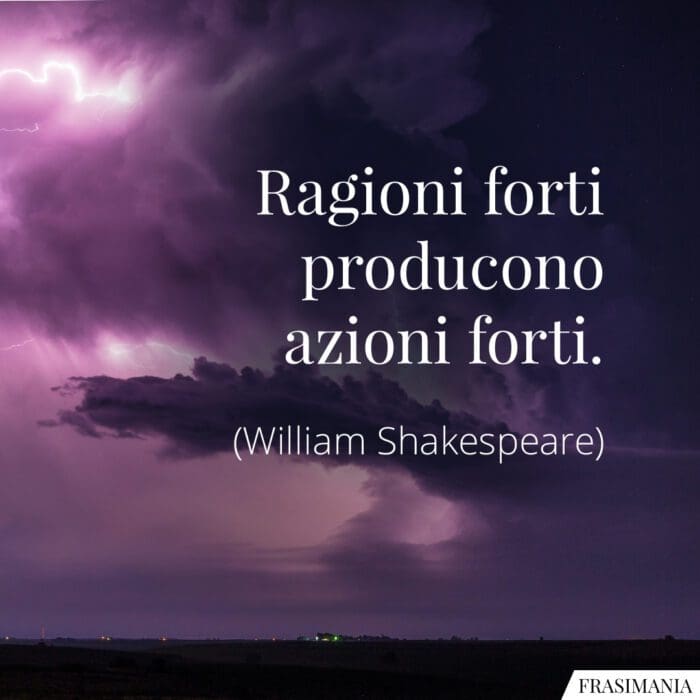
- The very substance of the ambitious is merely the shadow of a dream.
La vera sostanza dell’ambizione è semplicemente l’ombra di un sogno. - Parting is such sweet sorrow that I shall say goodnight till it be morrow.
Salutarsi è una pena così dolce che ti direi addio fino a domani. 
- When we are born, we cry that we are come to this great stage of fools.
Quando nasciamo, piangiamo per essere arrivati su questo vasto palcoscenico di pazzi. - Hell is empty and all the devils are here.
Vuoto è l’inferno: tutti i diavoli sono qui. 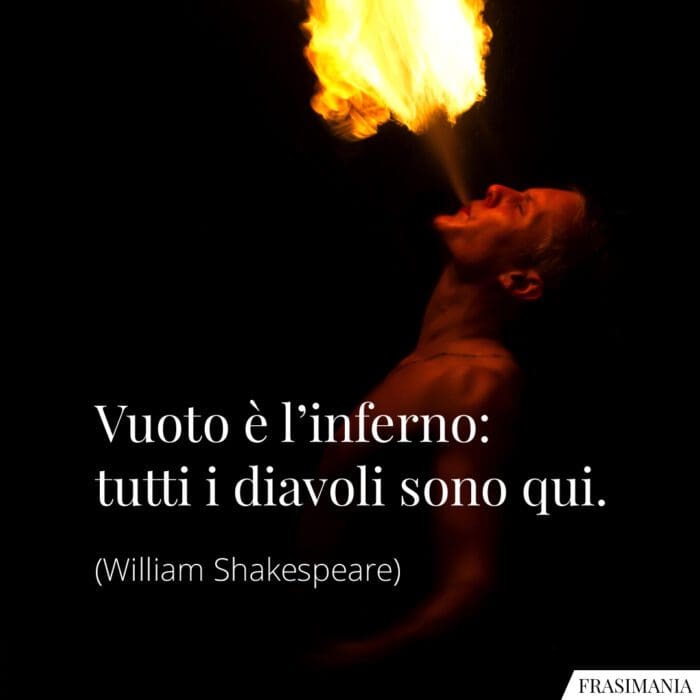
- Good night, good night! Parting is such sweet sorrow, that I shall say good night till it be morrow.
Buonanotte, buonanotte! Separarsi è un sì dolce dolore, che dirò buonanotte finché non sarà mattina. - Tis an ill cook that cannot lick his own fingers.
È un cattivo cuoco quello che non sa leccarsi le dita. 
- Ignorance is the curse of God; knowledge is the wing wherewith we fly to heaven.
L’ignoranza è la maledizione di Dio; la conoscenza è l’ala con cui voliamo in cielo. - Is love a tender thing? it is too rough, too rude, too boisterous, and it pricks like thorn.
È cosa tenera l’amore? È duro, rozzo, villano, prepotente, capace di pungere come una spina. - Make not your thoughts your prisons.
Non trasformare i tuoi pensieri nelle tue prigioni. 
- A politician… one that would circumvent God.
Un politicante… uno che sarebbe capace di ingannare anche Dio. - All the world’s a stage.
Tutto il mondo è un palcoscenico. 
- All the world’s a stage, and all the men and women merely players: they have their exits and their entrances; and one man in his time plays many parts, his acts being seven ages.
Tutto il mondo è un palcoscenico, e gli uomini e le donne sono soltanto attori; hanno le loro uscite e le loro entrate in scena; e ciascuno, per il tempo che gli è stato assegnato, recita molte parti. - Every cloud engenders not a storm.
Non tutte le nubi portano tempesta. 
- When a father gives to his son, both laugh; when a son gives to his father, both cry.
Quando un padre dà a suo figlio, entrambi ridono; quando un figlio dà a suo padre, entrambi piangono. - My bounty is as boundless as the sea, my love as deep; the more I give to thee, the more I have, for both are infinite.
Il mio slancio è infinito come il mare, e non meno profondo è il mio amore; più te ne dono più ne posseggo, perché entrambi sono infiniti. 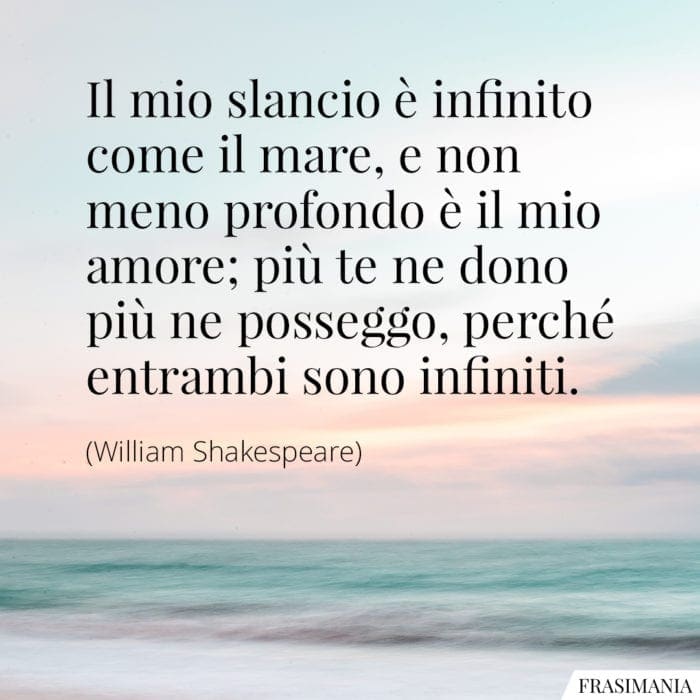
- Let me not to the marriage of true minds admit impediments. Love is not love which alters when it alteration finds, or bends with the remover to remove. O no! it is an ever-fixed mark that looks on tempests and is never shaken; it is the star to every wand’ring bark, whose worth’s unknown, although his height be taken. Love’s not Time’s fool, though rosy lips and cheeks within his bending sickle’s compass come; Love alters not with his brief hours and weeks, but bears it out even to the edge of doom. If this be error and upon me prov’d, I never writ, nor no man ever lov’d.
Non sia mai ch’io ponga impedimenti all’unione di anime fedeli; Amore non è Amore se muta quando scopre un mutamento o tende a svanire quando l’altro s’allontana. Oh no! Amore è un faro sempre fisso che sovrasta la tempesta e non vacilla mai; è la stella-guida di ogni sperduta barca, il cui valore è sconosciuto, benché nota la distanza. Amore non è soggetto al Tempo, pur se rosee labbra e gote dovran cadere sotto la sua curva lama; Amore non muta in poche ore o settimane, ma impavido resiste al giorno estremo del giudizio: se questo è errore e mi sarà provato, io non ho mai scritto, e nessuno ha mai amato. - Love is not love which alters when it alteration finds, or bends with the remover to remove.
Amore non è amore se muta quando scopre un mutamento o tende a svanire quando l’altro s’allontana. 
- Brevity is the soul of wit.
La brevità è l’anima della saggezza. - O gentlemen, the time of life is short;
To spend that shortness basely were too long
If life did ride upon a dial’s point,
Still ending at the arrival of an hour.
An if we live, we live to tread on kings;
If die, brave death, when princes die with us.
Now, for our consciences, the arms are fair
When the intent of bearing them is just.
Now, for our consciences, the arms are fair
When the intent of bearing them is just.
Signori, il tempo della vita è breve.
Ma quand’anche la vita,
cavalcando la sfera del quadrante,
giungesse al suo traguardo dopo un’ora,
anche quel breve corso sarebbe esageratamente lungo,
se trascorso in un’esistenza vile.
Se vivremo, vivremo per calcare
i nostri piedi sui corpi di re;
se morremo, morire sarà bello
trascinando alla morte anche dei principi.
Assicurate le vostre coscienze:
l’armi son belle e giuste
se giusto è il fine per cui son brandite.


